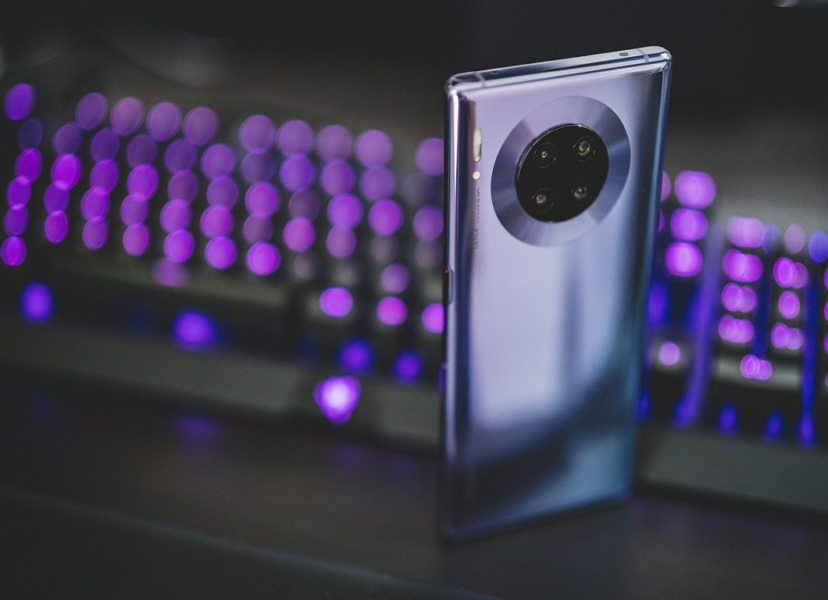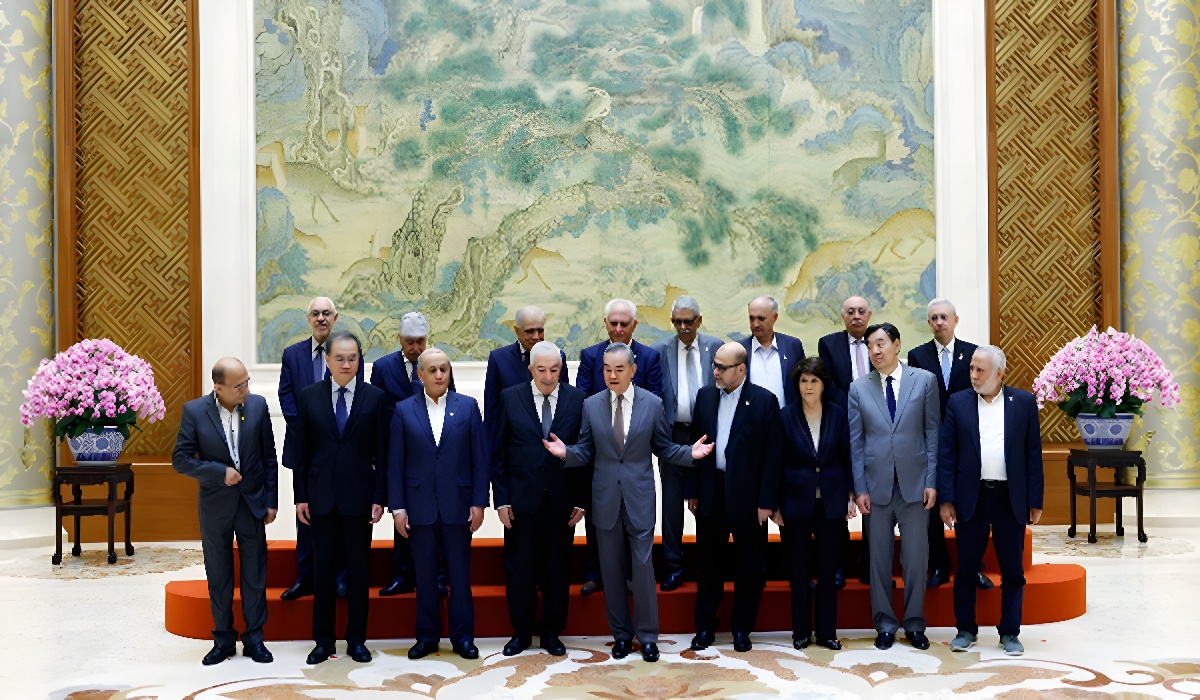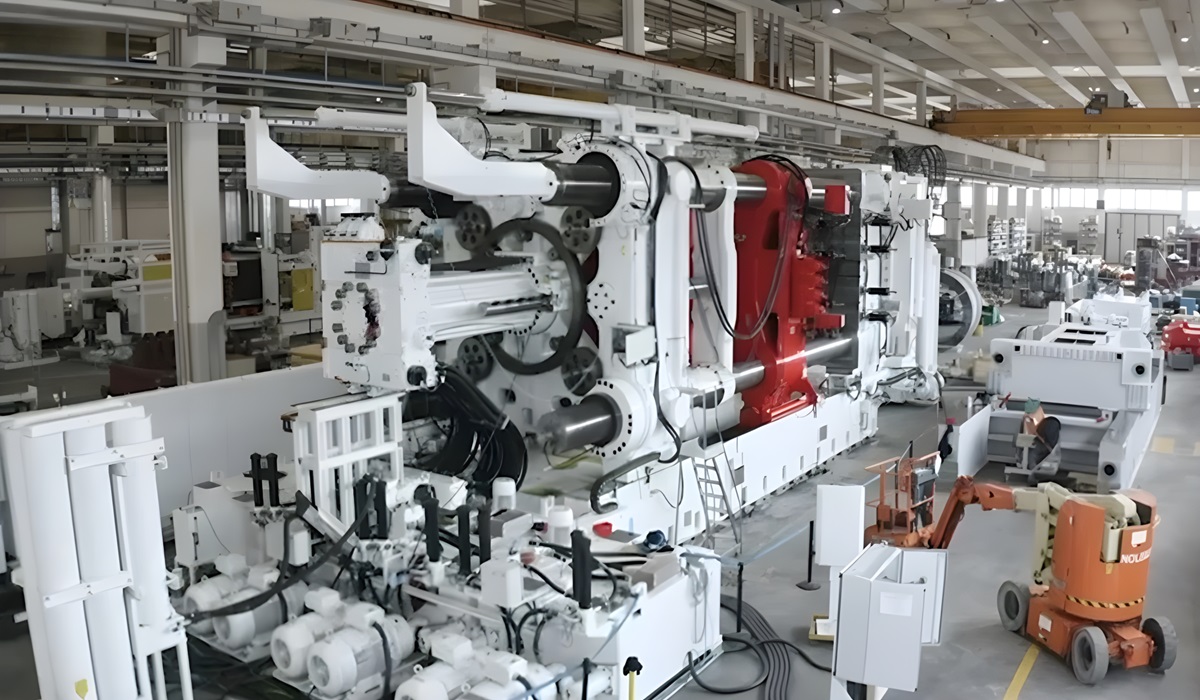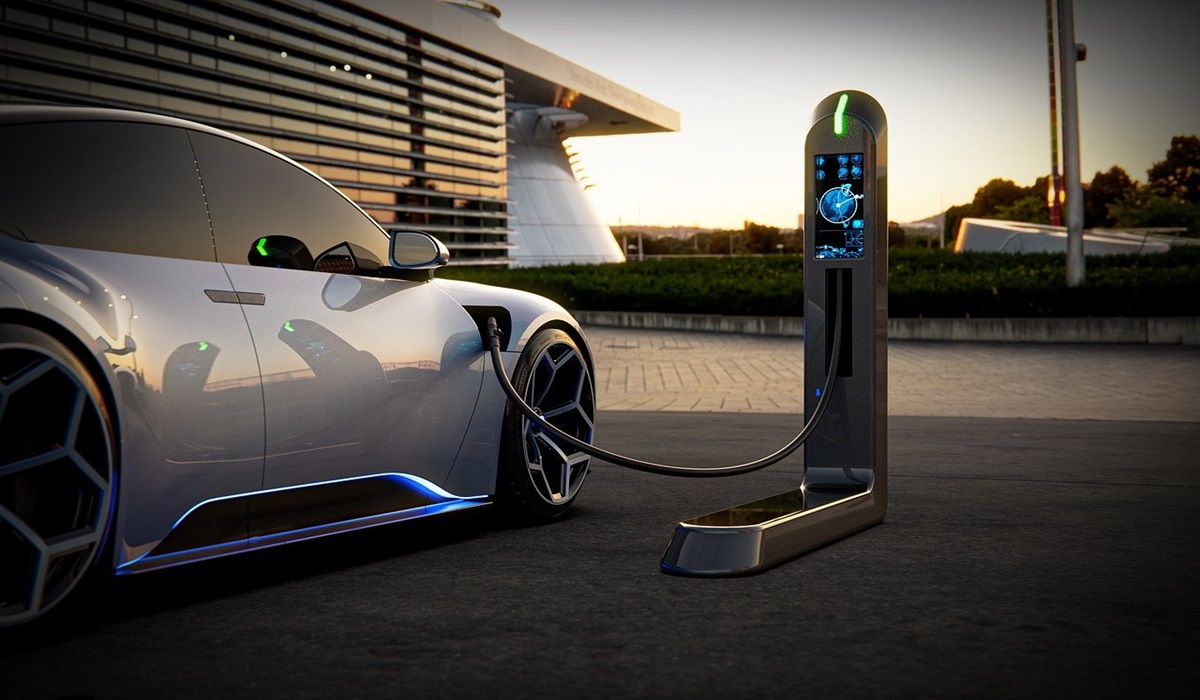Huawei’s Kirin 9000: Unintended Consequences of US Sanctions on Chipset Exports
- TDS News
- Asia
- Business
- China
- East Asia
- Technology
- October 4, 2023

The US sanctions imposed on Huawei have caused ripples in the global technology landscape, with one significant consequence being the restriction of exports of extreme ultraviolet (EUV) machines to China. These restrictions aimed to maintain the technological gap between the US, Europe, and China, particularly in developing chipsets under seven nanometers. However, in the process, the US inadvertently pushed China into a corner, compelling them to develop their advanced chipsets, such as the Kirin 9000, which now powers Huawei’s popular Mate 60 Pro phone. The unintended consequences of these sanctions have spurred China’s technological innovation and created a competitive landscape in the global chipset market.
Throughout history, society has witnessed technological races in various domains, from the space race and nuclear weapons to arms, TVs, and electric vehicles. These races have invariably led to technological advancements as countries compete to gain an edge. The chipset industry is no exception, and as of now, only the Dutch firm AMSL possesses the technology to manufacture chipsets under four nanometers, albeit under strict restrictions from the US against exporting to China.
Critics have often questioned the effectiveness of US sanctions on Huawei, especially given the rapid advancements in Chinese chipset technology. Huawei’s new phone, powered by a seven-nanometer chip, has demonstrated remarkable speed and performance. It is also the only mobile phone with the current capabilities to make satellite calls. Apple’s iPhone 15 utilizes a four and three-nanometer chipset, showcasing the evolving global chipset landscape, but many say it lacks any new innovative features.
Chinese semiconductor manufacturer SMIC has made significant strides in producing chipsets entirely from Chinese components, a remarkable feat for a company expected to lag four years behind industry standards. Regarding speed and performance, SMIC’s chipsets are now on par with their global counterparts. The most intriguing prospect lies in SMIC’s potential to produce 4nm and 3nm chipsets, which could be a game-changer in the industry.
The economic implications of the US sanctions on Huawei are not limited to the technology sector. Considering the broader impact on global supply chains and economies is essential. For instance, if China decides to halt exports of chips to the US, it could create significant disruptions, akin to the economic slowdown witnessed when chip production in Taiwan faced challenges. Even with the US’s $50 billion Chips Act, delays in chip manufacturing persist due to efficiency issues, prompting the recruitment of engineers from Taiwan to assist in the Arizona plant. This move has raised concerns among labor unions and underscored the importance of efficient chip production in the modern era.
The race for advanced chipsets has become the contemporary equivalent of the arms race. However, it is crucial to recognize that technology is often a shared endeavor. The US sanctions temporarily hindered Huawei, leading to its exit from several European countries regarding 5G technology. In response, Huawei adapted and retooled, resulting in a phone that some argue is superior to the iPhone. Huawei’s decision to stop purchasing chipsets from American companies from 2024 onwards poses significant economic consequences for the US, as it will lose billions of dollars in revenue.
China is a critical market for Apple, accounting for a significant portion of its sales volume. The Chinese government’s mandate for government employees to use Chinese-made mobiles has already impacted Apple’s stock value, causing a significant dip. If the Chinese populace decides to favor Huawei over Apple, it could further erode Apple’s market share. In such a scenario, the US government would bear responsibility for contributing to Apple’s decline.
Looking ahead, Huawei’s stronghold on the global market appears poised to grow significantly. With a massive population of 1.4 billion in China, another 1.3 billion in Africa, and over 1.6 billion in India, Huawei has access to a vast consumer base. Furthermore, more than 150 countries have signed onto China’s Belt and Road Initiative, providing Huawei with a global market presence. While sanctions may be justified for legitimate reasons, attempting to hinder other countries’ technological progress in favor of national interests risks stifling global innovation. The era of the chips race is upon us, and the world will advance further when countries collaborate rather than compete to hinder one another’s progress. It is essential to recognize that cooperation and shared technological progress benefit all nations.








